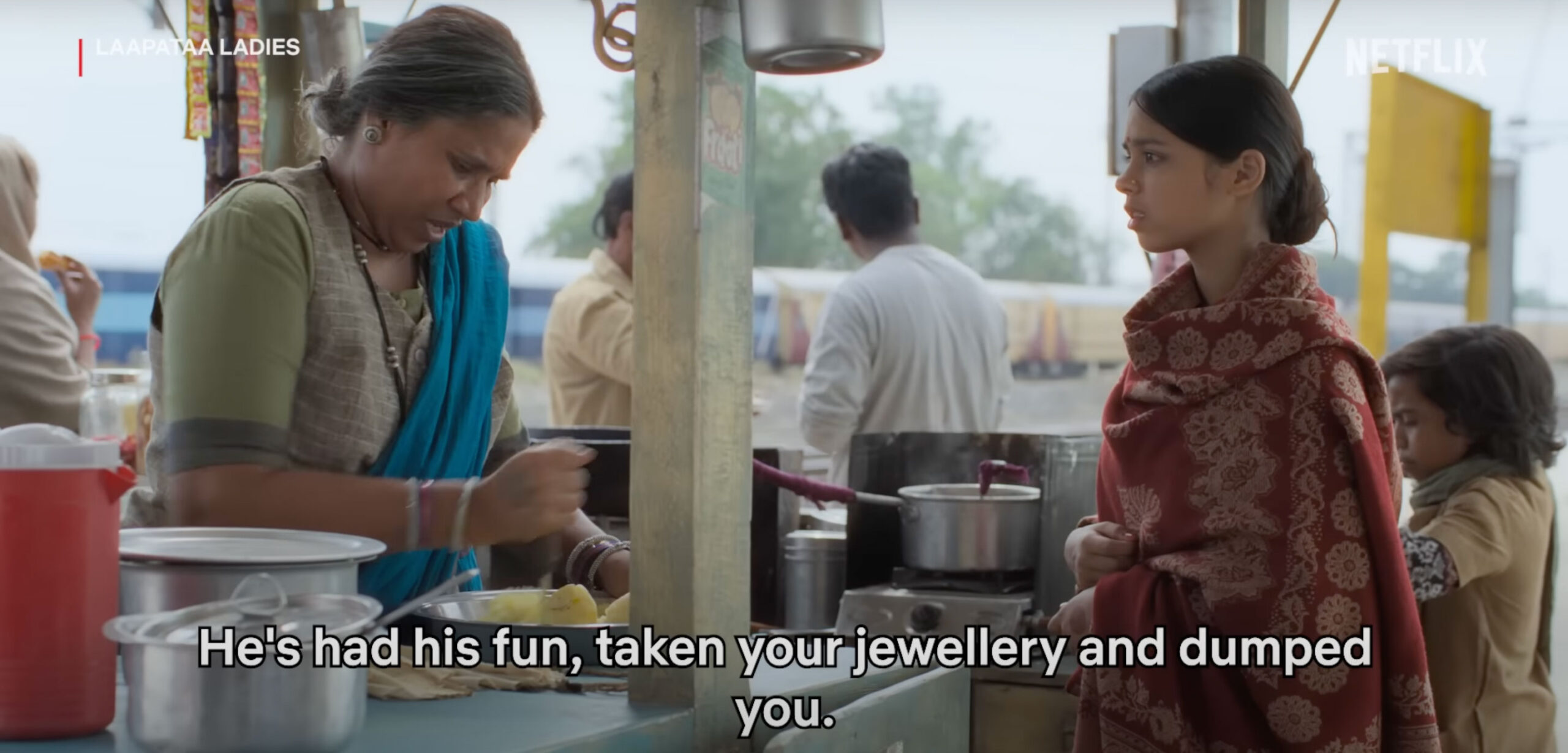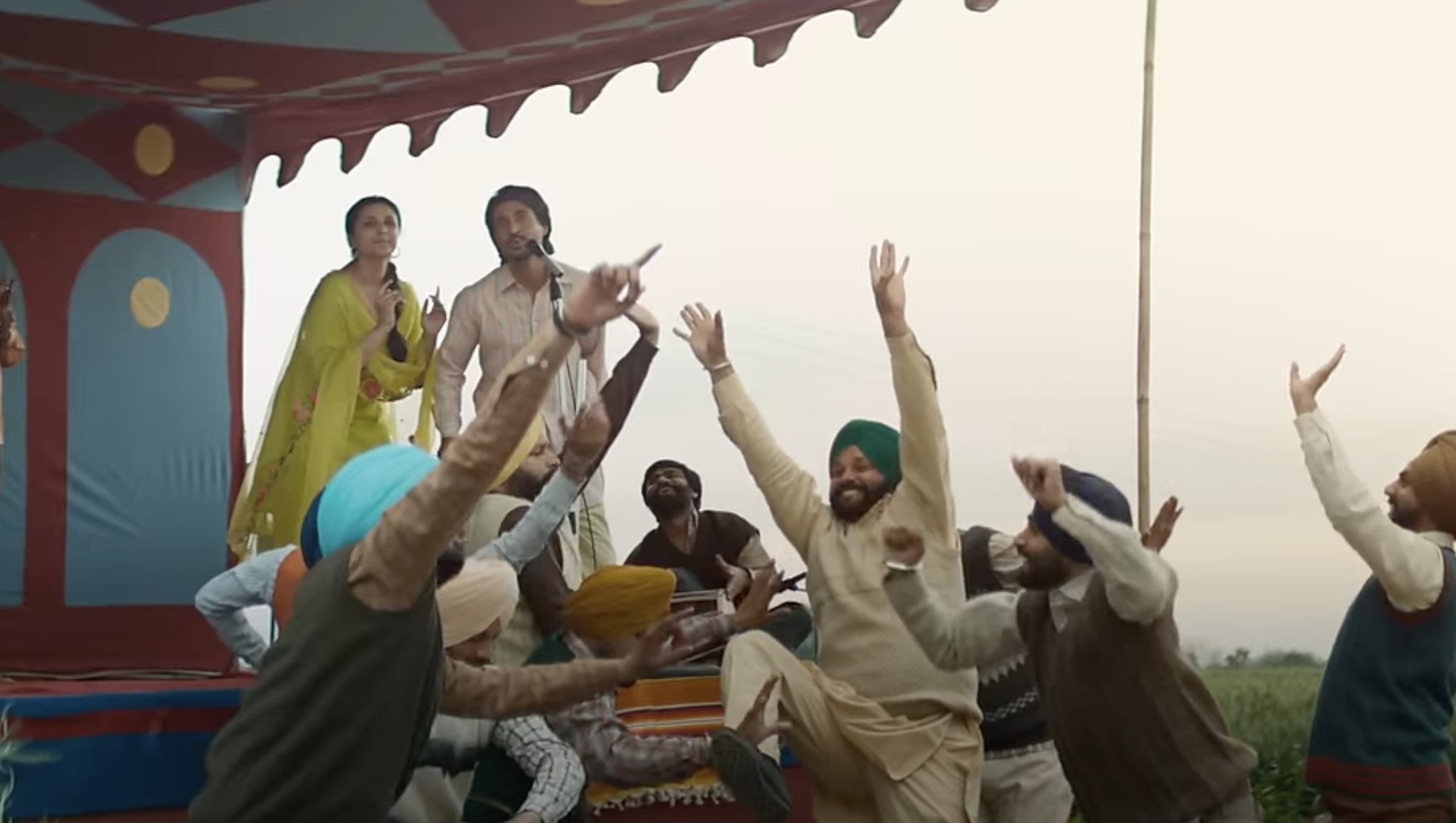The Chebrolu Leela Prasad Rao vs State of Andhra Pradesh case arose from an Andhra Pradesh government order in the year 2000 about recruitment of schoolteachers in the Scheduled Areas of the state. The order reserved all posts of schoolteachers in these areas for the Scheduled Tribes (STs). This reflected the government’s stand that all seats and positions in public institutions of the Scheduled Areas should go to the STs. But there were a lot of competent candidates among the Scheduled Castes (SCs), Other Backward Classes (OBCs) and other sections. The petitioner (Chebrolu Leela Prasad Rao) himself is an OBC. When he was 20 years old, he applied for a teaching post in a Scheduled Area where he lived but was declared ineligible because he wasn’t an ST. Many other bright, deserving, poor SCs, OBCs and other economically weaker sections have also suffered. Among the petitioner’s many contentions was that SCs and OBCs have been living in these tribal areas for ages; they don’t have right to property in the Scheduled Areas but they still live there and eke out a livelihood. In fact, Article 371D of the Constitution entitles them, like the STs, to preference over non-residents in admissions to local educational institutions and in recruitment to local public institutions. Denial of teaching positions in local schools to competent candidates among them is a violation of this Article.
Related Articles
Gramsci and Ambedkar’s insights into resisting fascism in the long term
Dr B.R. Ambedkar fits Gramsci’s definition of an organic intellectual. He challenged brahmanical hegemony systematically and structurally and urged the subaltern to be educated...
Battle for ‘masawat’ in the age of majoritarianism
Considering the plight of Muslims in India in his new book, Mujibur Rehman identifies with Ambedkar’s pain when he said, “Gandhiji, I have no...
‘Laapataa Ladies’: A meaningful engagement with the aspirations of rural Indian women
The film serves as a springboard for further exploration, inviting viewers to delve deeper into the complexities of gender relations and advocate for a...
‘Amar Singh Chamkila’ ain’t the whole story
The fear of making the audience uncomfortable could be the reason the filmmaker has avoided engaging with the larger social and political question of...
‘Amar Singh Chamkila’ review: Caste is the elephant in the room
Despite Chamkila’s commentary on caste and class inequalities, director Imtiaz Ali appears to have opted to focus primarily on the familial dynamics and the...





